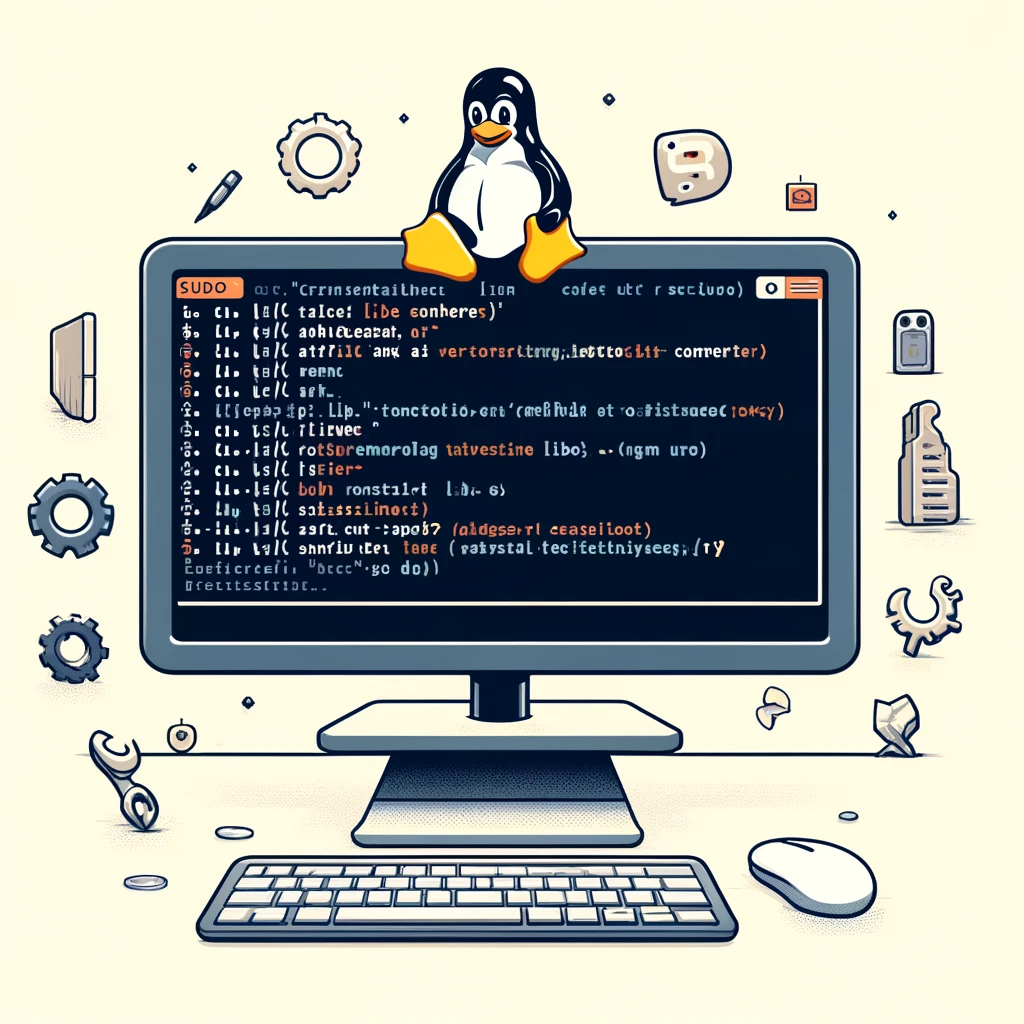How to Install libGLU on AlmaLinux

Installing libGLU on AlmaLinux
Introduction
In the world of Linux, graphics libraries play a crucial role in enabling applications to render 2D and 3D graphics effectively. One such important library is libGLU, which stands for OpenGL Utility Library. LibGLU provides a set of functions to help developers work with OpenGL, a widely used graphics API for rendering interactive 2D and 3D graphics.
By installing libGLU on your AlmaLinux system, you can enhance the graphics capabilities of your applications, enabling them to deliver visually appealing and interactive experiences to users.
Step-by-Step Guide
1. Update Package Lists
Before installing libGLU, it’s always a good practice to update the package lists to ensure you are installing the latest version available. Run the following command:
sudo dnf update
2. Install libGLU
Now, you can proceed to install libGLU on your AlmaLinux system using the following command:
sudo dnf install libGLU
3. Verify Installation
To verify that libGLU has been successfully installed, you can use the rpm command to check the package information:
rpm -qi libGLU
If the installation was successful, you should see details about the libGLU package displayed on your terminal.
Conclusion
In conclusion, installing libGLU on your AlmaLinux system is a straightforward process that can significantly enhance the graphics capabilities of your applications. By leveraging the functions provided by libGLU, developers can create visually stunning graphics and deliver immersive user experiences.
The Importance of Open Source Software
Open source software plays a vital role in the tech industry by fostering collaboration, innovation, and transparency. It empowers individuals and organizations to access, modify, and distribute software freely, leading to a more diverse and inclusive ecosystem. The principles of open source software, such as community-driven development and shared knowledge, contribute to the advancement of technology and the democratization of software development. By supporting and contributing to open source projects, we can collectively drive progress and create a more accessible and equitable digital world.

